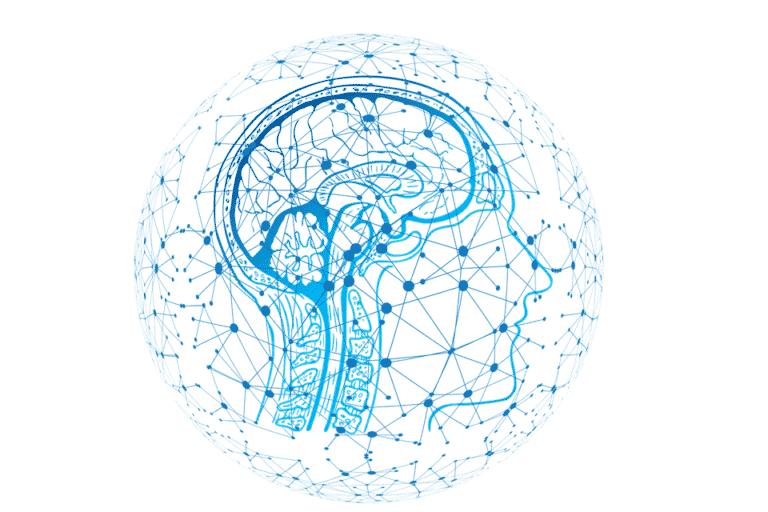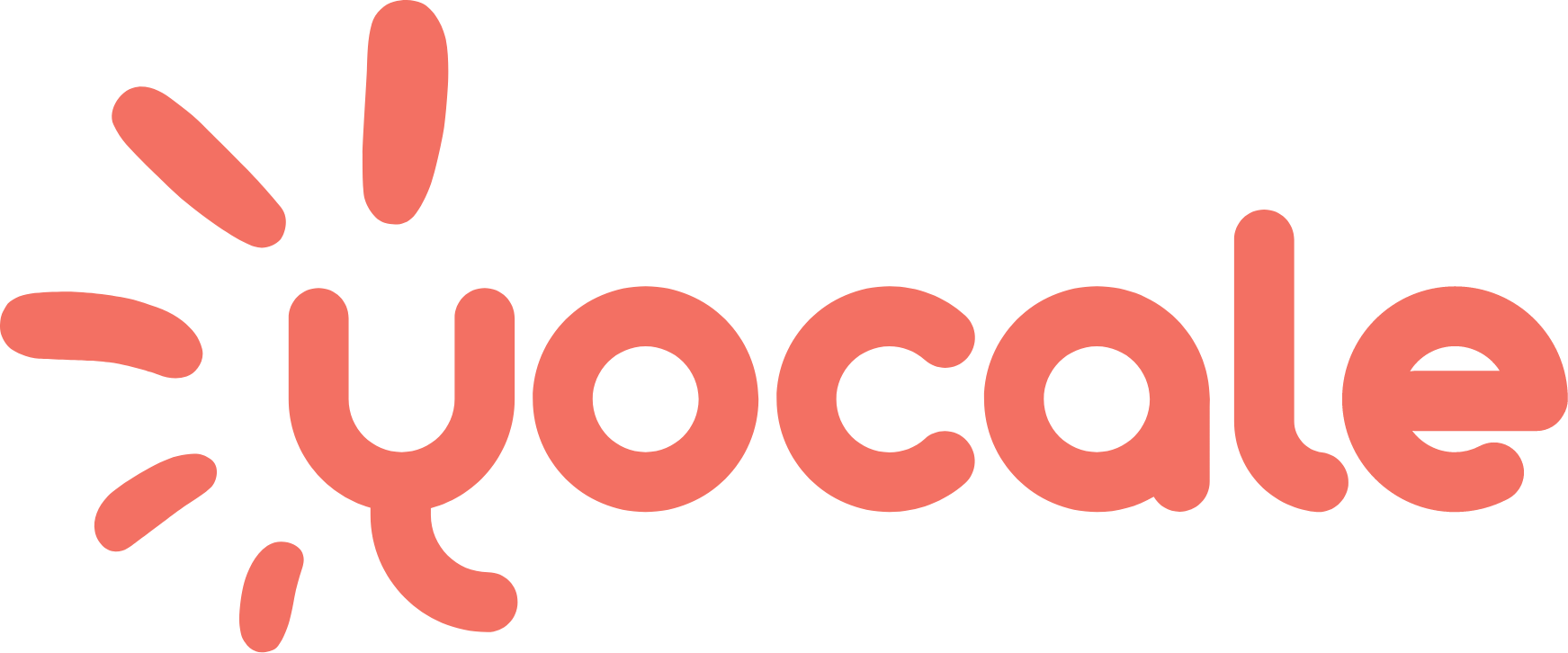Guest post by Rae Steinbach
We typically think of AI as an upcoming phenomenon which may displace certain segments of the workforce, but the truth is that much of the impact of artificial intelligence has already happened. The percentage of jobs filled by AI has risen by 450% since 2013, often in sectors we didn’t expect to become automated.
That said, AI will most likely continue to take jobs from human employees, with nearly half of all positions expected to be filled by artificial intelligence by 2055. As the underlying technology becomes cheaper and more effective, more and more companies will be forced to adopt AI in order to compete. Whether you’re a teacher or a personal injury lawyer, chances are your industry will be impacted by AI.
The Inevitable Growth of Technology
The phenomenon of human work being taken over by technology is, of course, anything but new. What separates artificial intelligence from earlier iterations of labor-related technology is that many of the positions that AI can fill are significantly more complex than we initially thought.
It’s not surprising that, for example, some fast food restaurants now offer automated ordering, and 80% of restaurants use automation technology of some variety. But fewer people expected AI and similar technologies to be capable of replacing more skilled laborers such as teachers, therapists, and medical professionals.
Recent Developments
Some of the most prominent examples of automation in high-impact positions indicate that this trend will only accelerate as artificial intelligence gets closer to mimicking human decision-making. Lawyers for parking tickets and similar issues have been pushed out by AI technology that can automate much of the process.
Similarly, automated writing bots have already begun to write articles and blog posts for a number of prominent publications. Even therapists have been replaced by bots that provide comfort and counseling to elderly people and those with autism. Other prominent jobs that could be vulnerable to artificial intelligence include delivery people, middle managers, and drivers.
AI in the Arts
Creative jobs in sectors like art and music have long been considered immune to the advance of artificial intelligence, but AI bots have been employed to create a variety of creative media. While it may be some time before artificial intelligence is able to compete with human writers, musicians, and artists, the writing is on the wall for the future of these professions.
Life Without Work
While AI taking over all human work may sound like a utopian dream, the truth is that many of us find engagement and fulfillment in our jobs that couldn’t easily be replaced. Even if everyone was guaranteed a certain minimum income, a world without jobs would look significantly different from the one we live in today.
It’s impossible to predict exactly how our lives would be if artificial intelligence was responsible for most current jobs, but many of these changes have already happened. Rather than happening all at once, the growth of automation will likely continue to be a slow, gradual process that affects each industry differently.
The Future of Education
Education will also need to adapt to a changing economy that is continually becoming more and more automated. Current university culture is largely unprepared for the dramatic transformations that are already happening throughout the economy, and forward-thinking countries are beginning to invest in new forms of education that prepare workers for the economy of the future.
The modern university model involves extremely high costs for both colleges and students, and online courses are already a real challenge to traditional educational models. Many universities will likely be forced to change drastically or risk being shut down as more efficient and low-cost options continue to provide a better value for tomorrow’s workforce.
Unlike earlier shifts in industrial technology which simply changed the most valuable skills, the artificial intelligence revolution has the potential to completely restructure the world economy. Demand for many routine and low-skilled tasks will likely drop dramatically in a relatively short period of time, effecting a global transformation that will force governments and businesses to adjust quickly.
It’s easy to see why artificial intelligence, like earlier technologies, would be able to take over for employees in less complex jobs, but many people have been surprised by the seemingly unstoppable growth of AI. These are just a few of many cases in which artificial intelligence has the potential to replace a large number of human workers.
Author Bio:
Rae is a graduate of Tufts University with a combined International Relations and Chinese degree. After spending time living and working abroad in China, she returned to NYC to pursue her career and continue curating quality content. Rae is passionate about travel, food, and writing, of course.





One Response
Good Analysis on impact of artificial intelligence on different section of jobs. Some interesting points with statistics. Thanks.